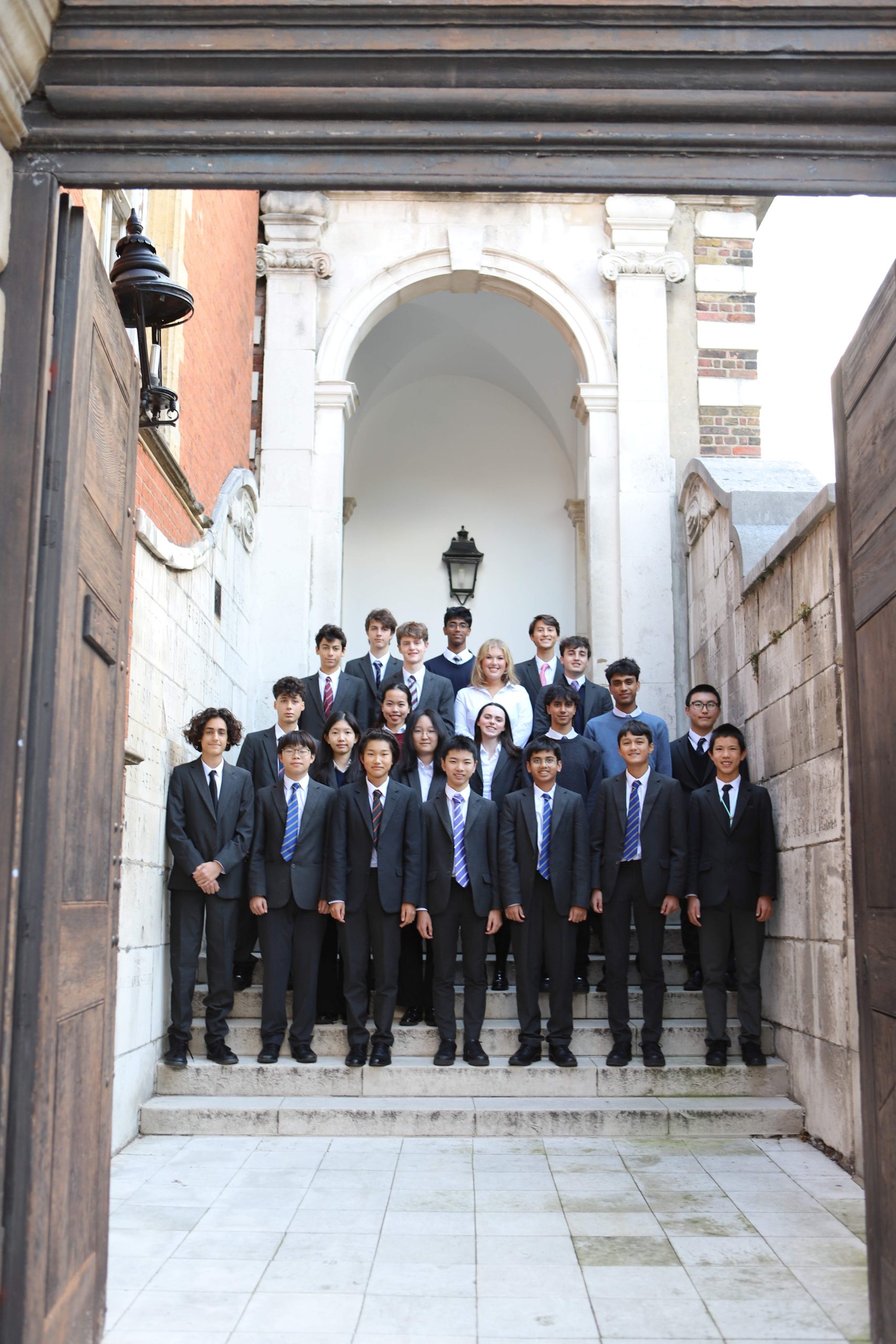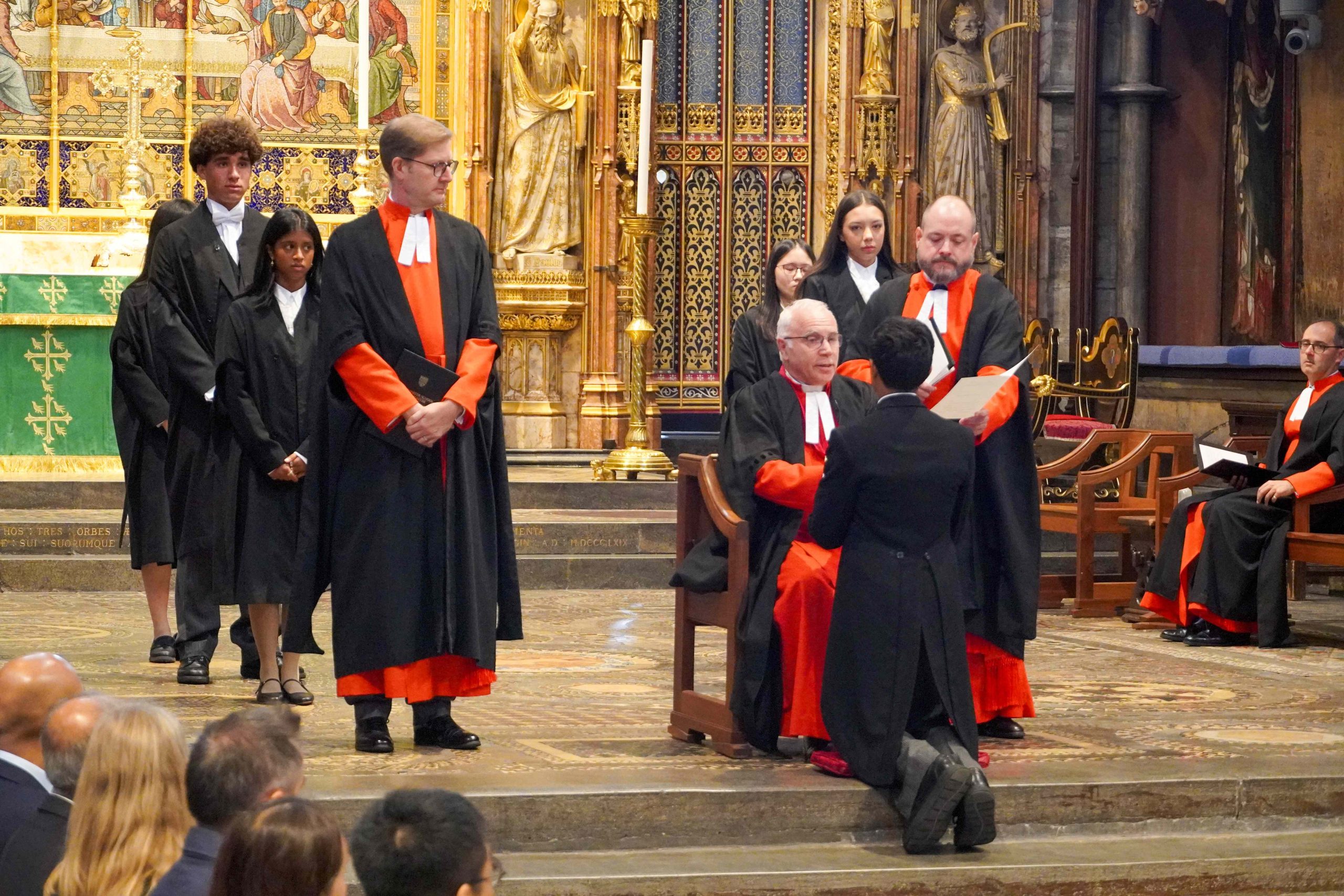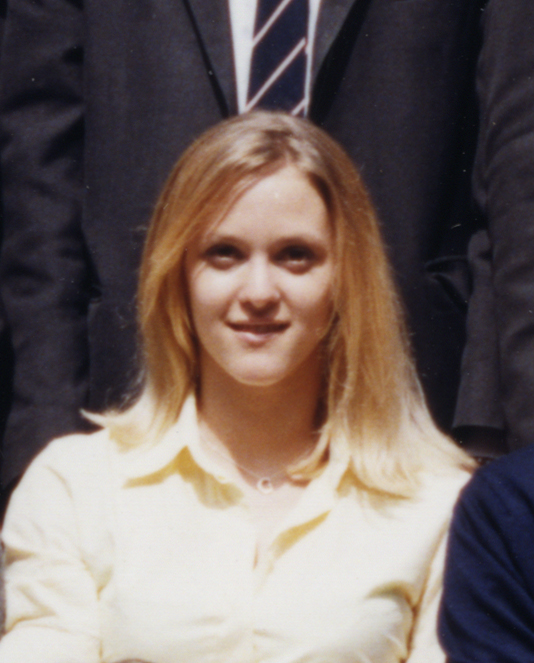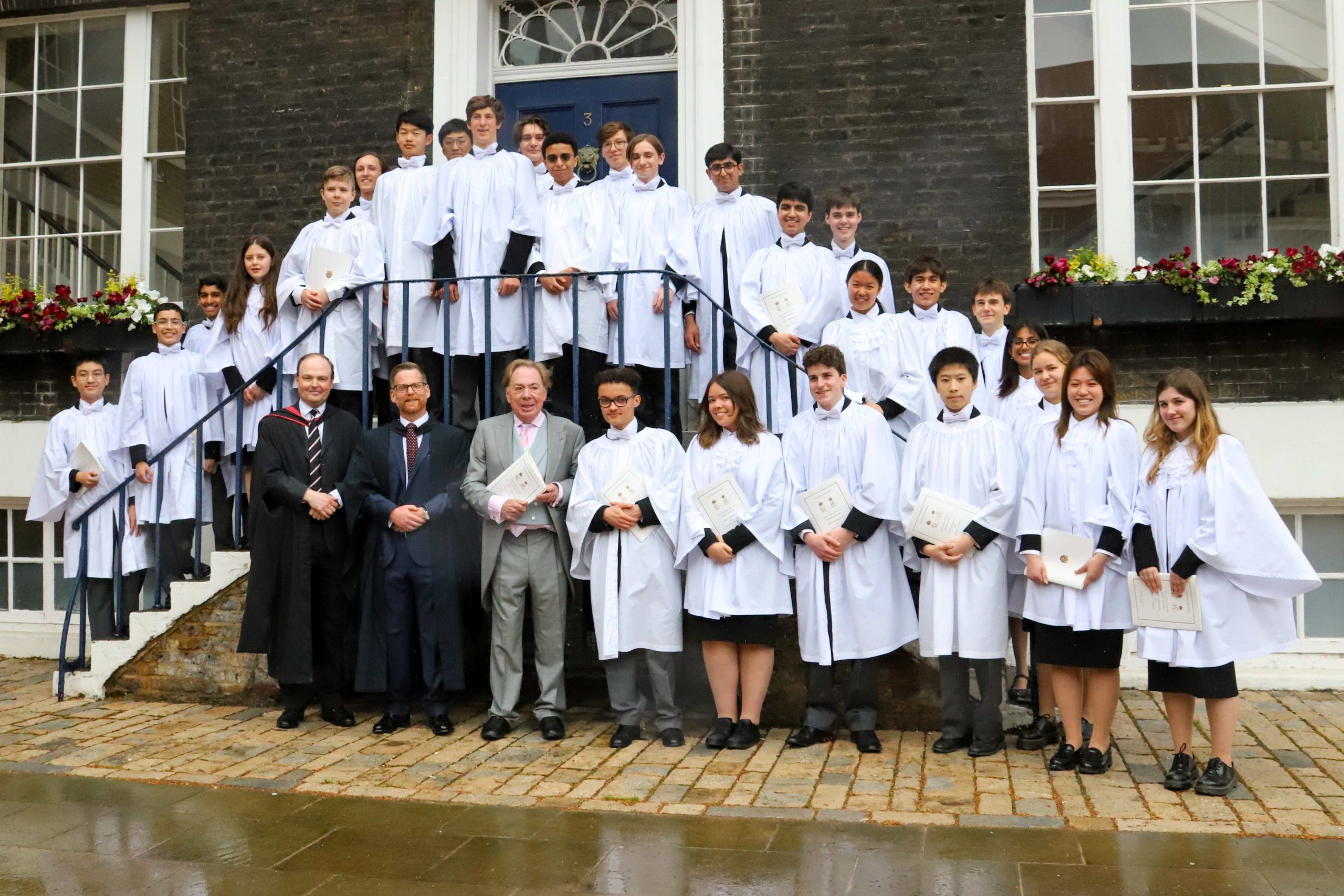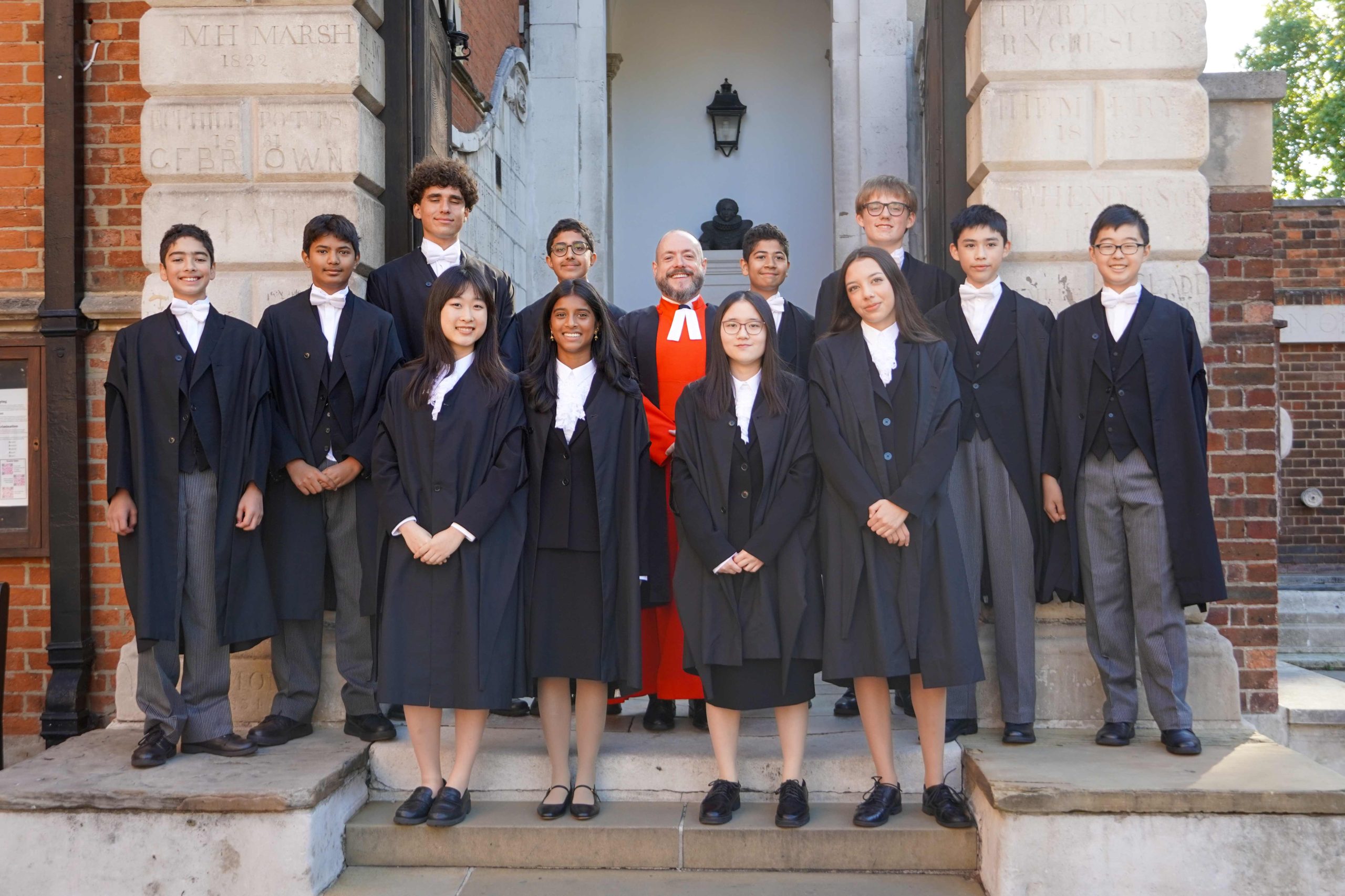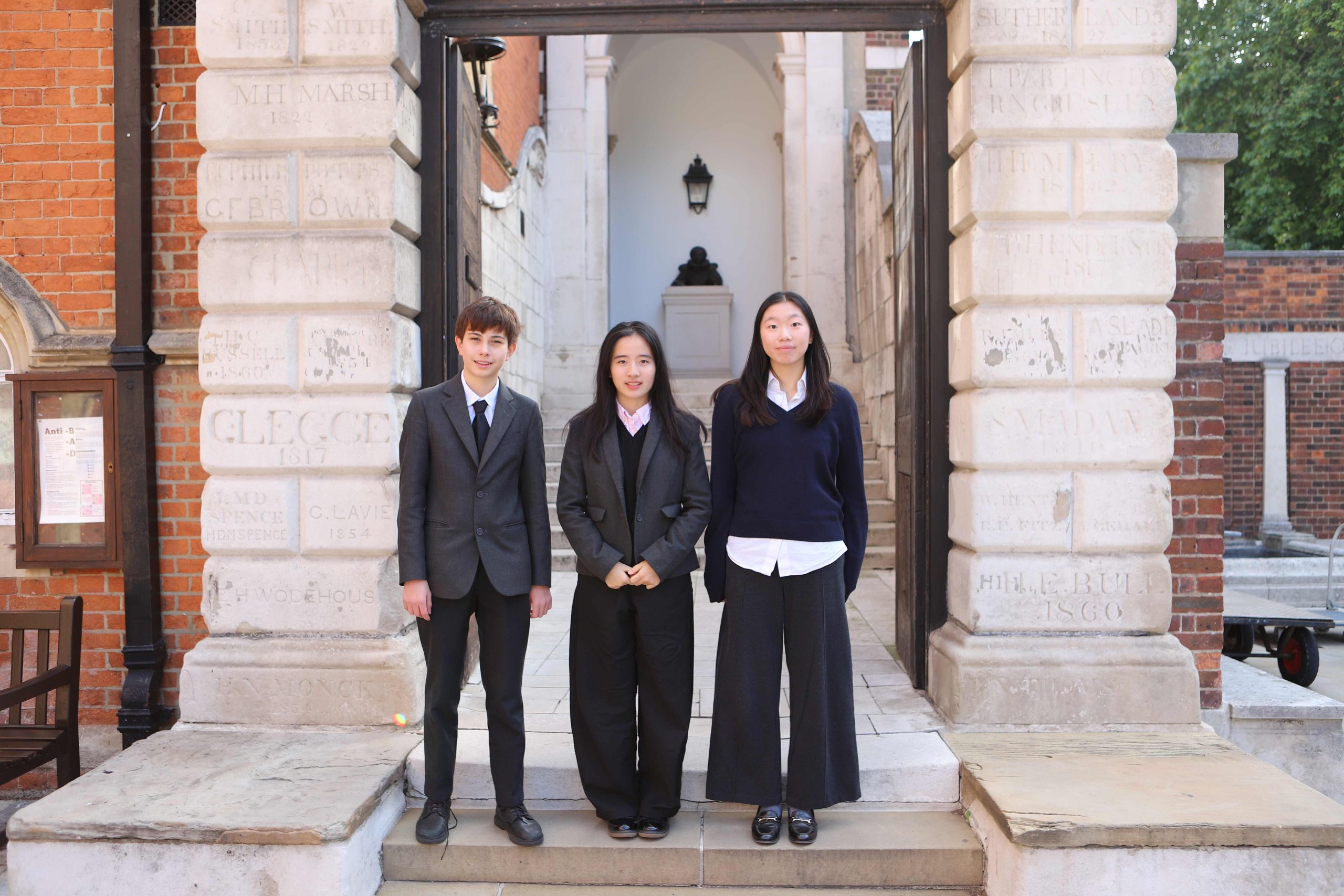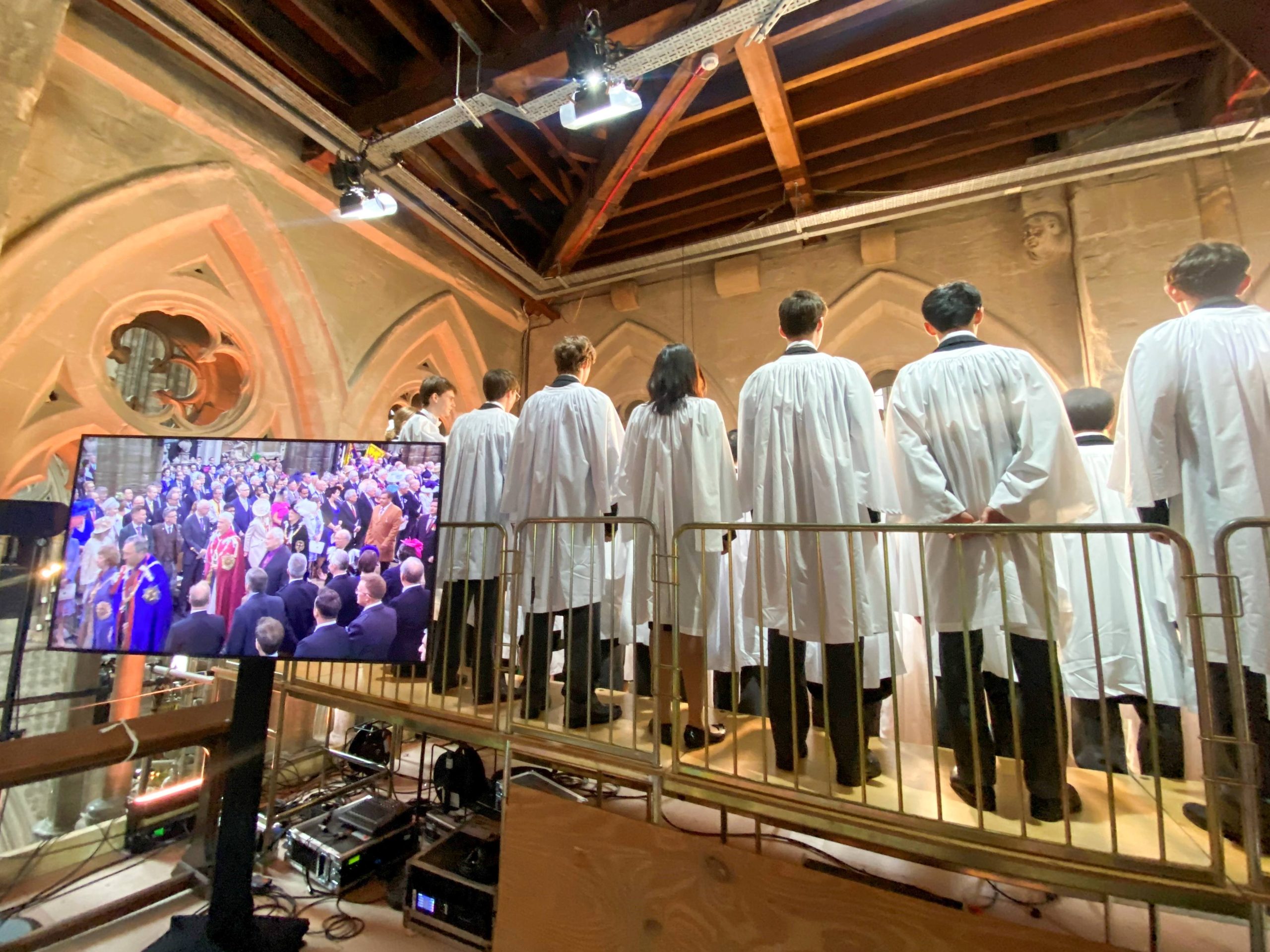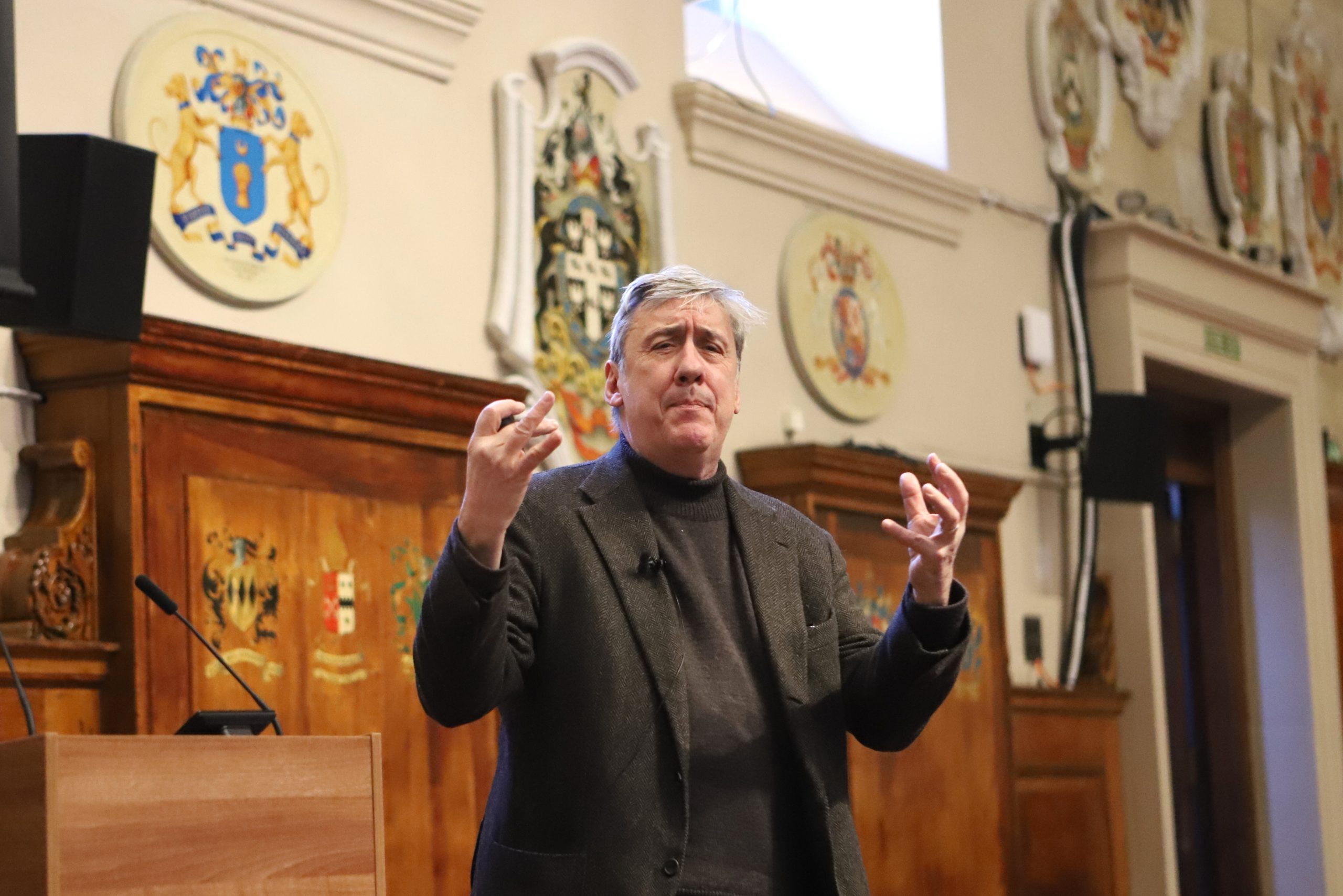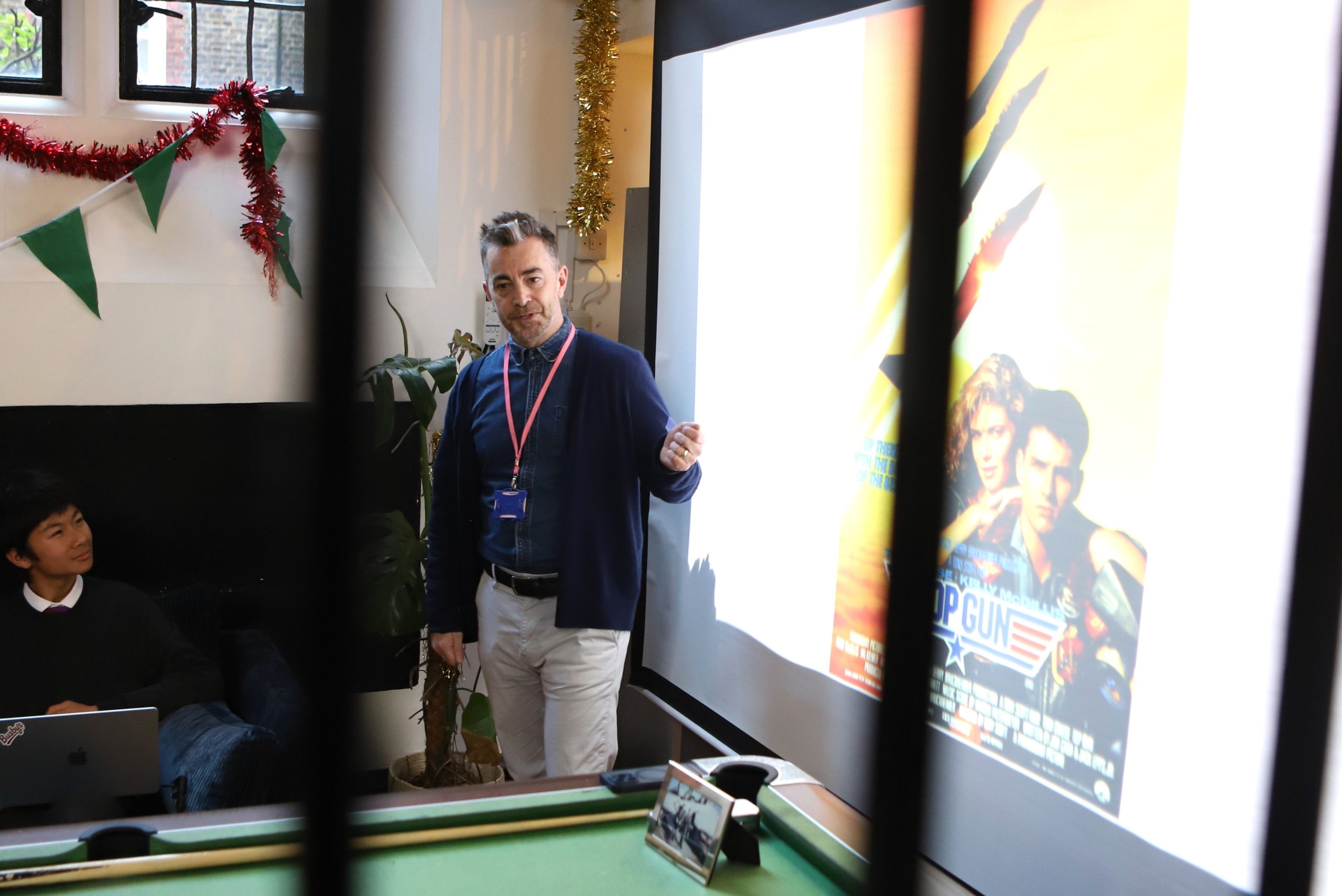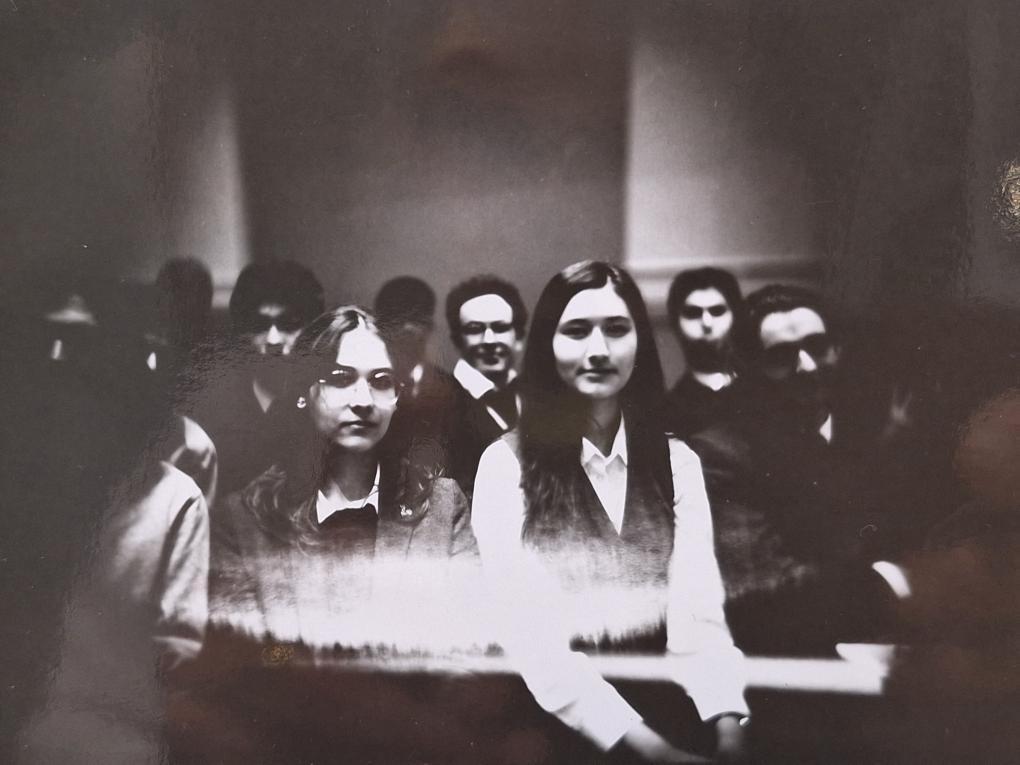A lot has happened in the almost 500-year history of Westminster School; ever adapting to meet the specific challenges and mores of the age so that the school remains vital, relevant and true to its ethos. Yet in this ongoing evolution, the value of scholarship has remained a true constant.
Scholarship – and indeed scholarships – were the School’s hallmark from as early as 1540, when Henry VIII refounded Westminster under a Royal Charter to provide for 40 King’s Scholars to receive an education. After a brief period of monastic restoration under Mary Tudor, Elizabeth I re-established royal patronage by issuing a new charter, reaffirming her father’s original vision. She invested considerable interest in the School, frequently attending the Scholars’ annual Latin Play and encouraging her wealthy courtiers to offer support.
Under Elizabeth the scholars became Queen’s Scholars, and unlike in other schools and university colleges which retain the regnal title of their founder, it is Westminster tradition to change the name of the Scholars between King and Queen to reflect the current monarch. (There remain a handful of Scholars in 2025 who have been both QS and KS). With a King’s Scholarship comes a special identity. Scholars have their own stalls in the Abbey, and have played a role in every coronation since 1685, being the first to acclaim the new monarch with cries of Vivat! They all reside in College, living together in the Scholars’ boarding house.
Today the School is much bigger – around 750 pupils – yet within that the community of 40 King’s Scholars still thrives, with up to 12 new Scholars inducted into the Collegiate Church of St Peter in Westminster each year at 13+ and 16+ entry.
The significance of a King’s Scholarship has stood the test of time, earning a reputation for being prestigious and intellectually demanding. Over the centuries, these Scholarships have helped shape a host of influential figures, from revolutionary philosopher John Locke (KS) to renowned composer Andrew Lloyd Webber (QS), and they continue to inspire new generations of trailblazers.
There are, today, other academic accolades available to pupils, which are less public but still highly sought-after. Introduced in the late 19th century, Academic Exhibitions were originally awarded to boys who performed well in the School’s scholarship examination, The Challenge, but who, for various reasons, did not become Scholars. Today, Exhibitions are awarded to pupils already at the School in Fifth Form (Year 9) and Sixth Form (11), based on a breadth of achievement rather than distinction in just one subject. These awards too have been worn by many distinguished alumni, including British chemist, Sir Martyn Poliakoff and British diplomat, Sir John Boyd.
The School’s Music Department plays a significant role in upholding Westminster’s reputation for excellence, due in no small part to the talents of pupils who receive 13+ Music Awards and 16+ Music Scholarships. Music is deeply respected at Westminster, almost half of the pupil population play at least one instrument, and many take part in regular ensembles, leading to performances at the Royal Festival Hall and other venues across London. Westminster music scholars are often enrolled in the junior departments of the Royal Academy, Royal College, and Guildhall School of Music, while several are members of national ensembles such as the National Youth Orchestra, the National Children’s Orchestra, and the National Youth Choirs of Great Britain. And biennially one Westminster Sixth Former is selected for the Henry Purcell Organ Scholarship, which recognises excellence in organ playing both liturgically and in broader performance. With this scholarship comes the unique privilege of performing in Westminster Abbey. Many Music Scholars have gone on to professional careers in the field, including Clemency Burton Hill, the acclaimed violinist and classical music broadcaster.
For those who are awarded a scholarship of any kind, the sense of achievement is unrivalled. It instils in pupils the confidence to explore subjects with which they feel an affinity and serves as a springboard for future academic and personal pursuits. Whether academic or musical, all of Westminster’s awards aim to recognise excellence and nurture individual potential.
King’s Scholar, Moahnishan (Sixth Form, CC) said: “The King’s Scholarship introduced me to a nurturing environment that has enabled me reach my full creative potential during my time at the School.”
Academic Exhibitioner, Matt (Lower Shell, PP) said: “For me, the Academic Exhibition acknowledges not only my all-round academic work but also the subjects I am most passionate about as I move towards GCSEs. More importantly, it recognises the value of engaging and contributing across subjects at Westminster, both inside and outside the classroom.”
King’s Scholar, Jeremy (Sixth Form, CC) said: “Being a member of College has been pivotal to the formation of lasting friendships, and to an enriched school life, in both the relishing of opportunities afforded by the extended day, and the fulfilling of ceremonial duties.”
Academic Exhibitioner, Keita (Lower Shell, RR) said: “Being awarded an Academic Exhibition is a recognition of my academic dedication and an inspiration for me to strive to even greater excellence in my studies. It provides a tangible motivation to keep pushing my potential, alongside the curiosity of wanting to know more.”
All of Westminster’s Scholarships may be supplemented by additional means-tested bursaries. Bursaries of up to 100% are available and are awarded to pupils according to individual need, at both 13+ and 16+. See our Scholarships and Bursaries page for more information.
Related News Stories
